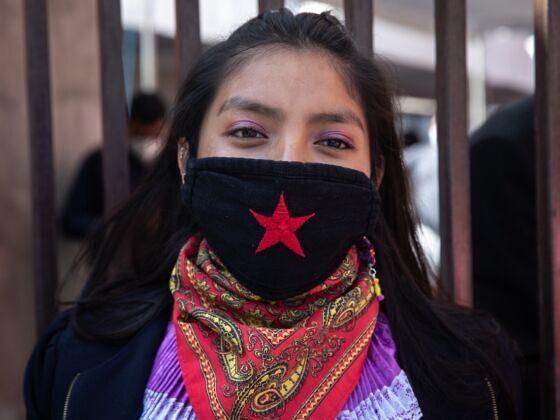The Zapatistas of Chiapas, Mexico embody a powerful story of unflinching pride, struggle, and resistance. But you won’t hear it from us.
When we pulled into San Cristobal de las Casas deep in Southern Mexico, we set out hunting for a story. We are, after all, currently on a mission to drive from NYC to Argentina and film it for TV. And TV requires great people and great stories.
